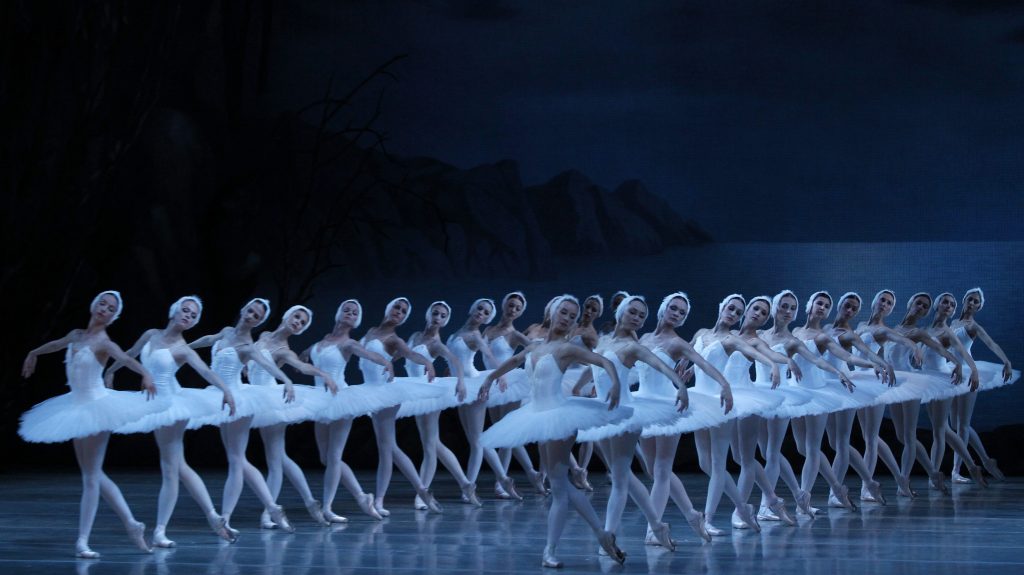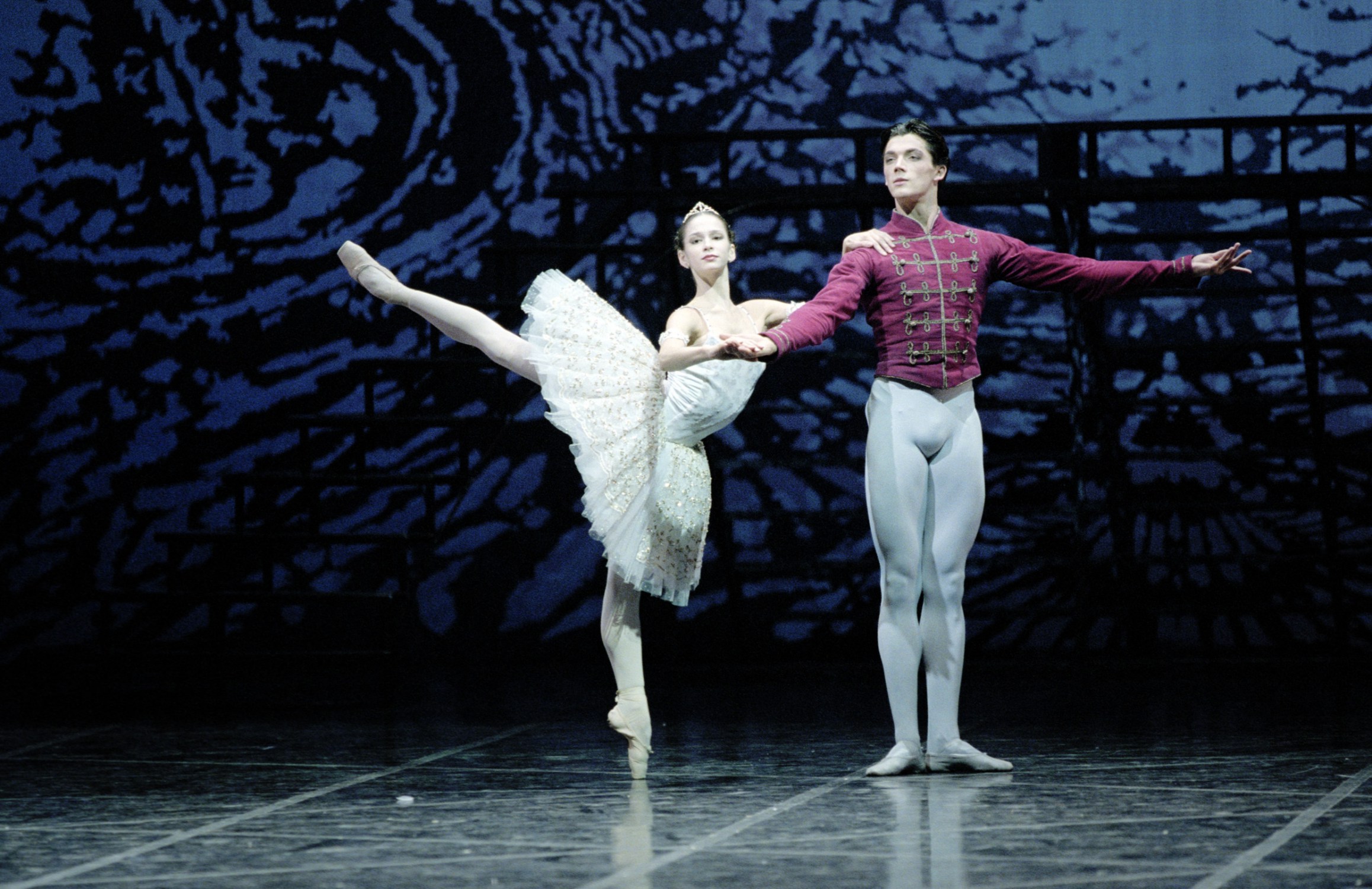On this day in 1877, one of the most beloved ballets of all time, Swan Lake, premiered at the Bolshoi Theatre in Moscow. Composed by Pyotr Ilyich Tchaikovsky (who also composed the famous Nutcracker), this timeless masterpiece has since become a cornerstone of classical ballet, known for its iconic “White Swan” and “Black Swan” roles.
Despite its legendary status today, Swan Lake’s debut was far from a resounding success. The original production received mixed reviews, with critics and audiences unimpressed by the choreography and finding the music too dramatic. The Bolshoi dancers struggled with the demanding score, and the production failed to gain traction.
However, Tchaikovsky’s evocative, emotionally rich music remained a standout element, planting the seeds for Swan Lake’s eventual rebirth.
The ballet truly found its footing in 1895, more than a decade after Tchaikovsky’s death, when Marius Petipa and Lev Ivanov reworked the choreography for the Imperial Ballet in St. Petersburg. Their version set the standard for all future productions.

Members of the Mariinsky theatre perform during a rehearsal for filming in St.Petersburg June 2, 2013. The Mariinsky theatre will host the worlds first live broadcast of ballet in 3D on June 6 when a production of Swan Lake will be shown live in over 1, 200 cinemas across the world, according to the organisers. REUTERS/Alexander Demianchuk (RUSSIA – Tags: SOCIETY)
The story, rooted in Russian and European folk tales, follows Prince Siegfried as he falls in love with Odette, a princess cursed to transform into a swan by day. The ballet’s dramatic tension reaches its peak when Siegfried is deceived by the evil sorcerer Rothbart and his daughter Odile, the “Black Swan.” The ballet’s multiple interpretations have led to different endings, ranging from tragedy to redemption, ensuring its enduring appeal.
Today, Swan Lake is performed worldwide, with its dual role of Odette/Odile considered one of the most demanding in ballet. Even in modern adaptations like Darren Aronofsky’s Black Swan (2010), the ballet continues to captivate audiences.
What began as a lukewarm premiere in 1877 has since transformed into a defining work of classical ballet, proving that true artistry can rise above its initial struggles and take flight. If Tchaikovsky could see the success of his score today, he’d know Swan Lake’s initial challenges were all worth it.



